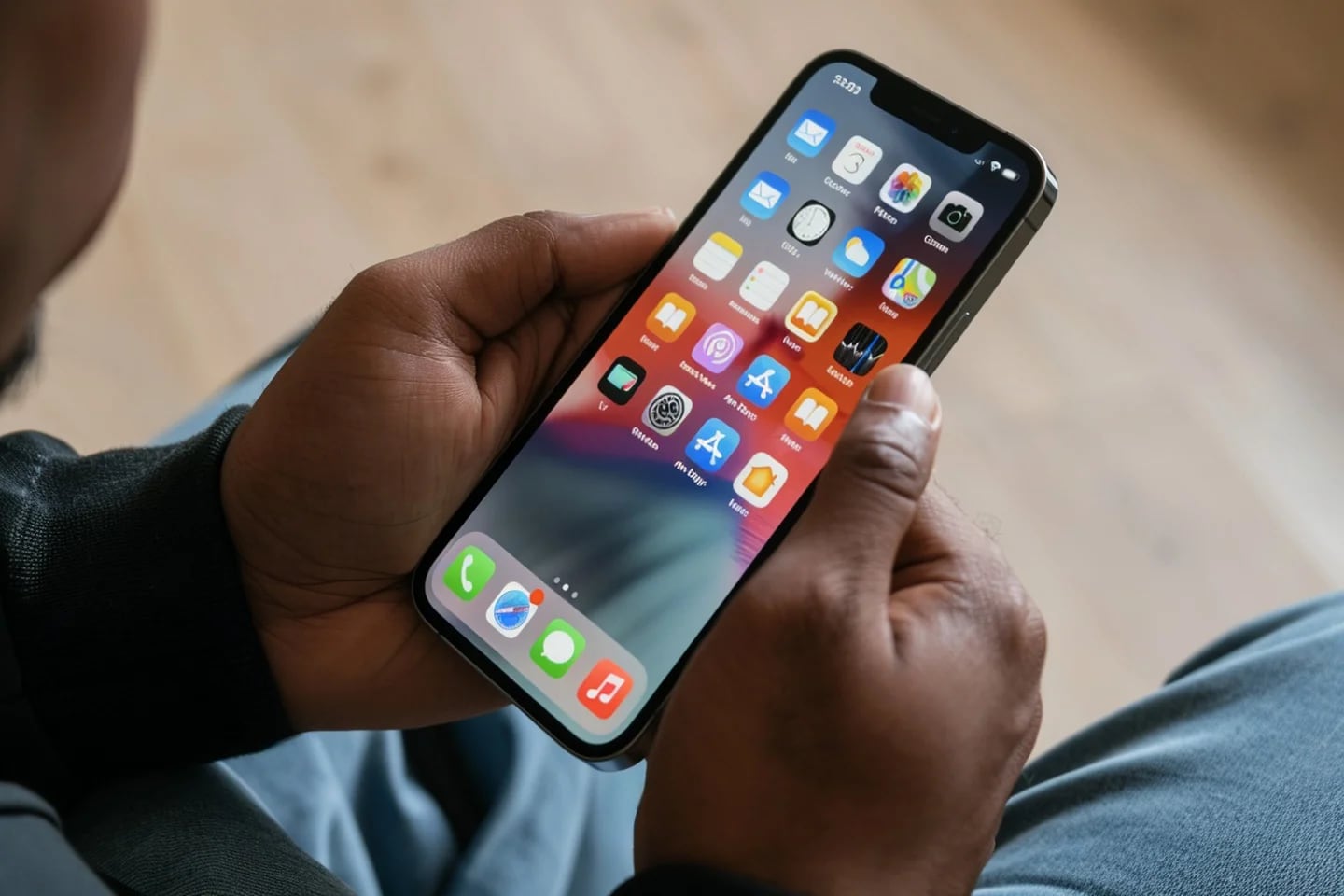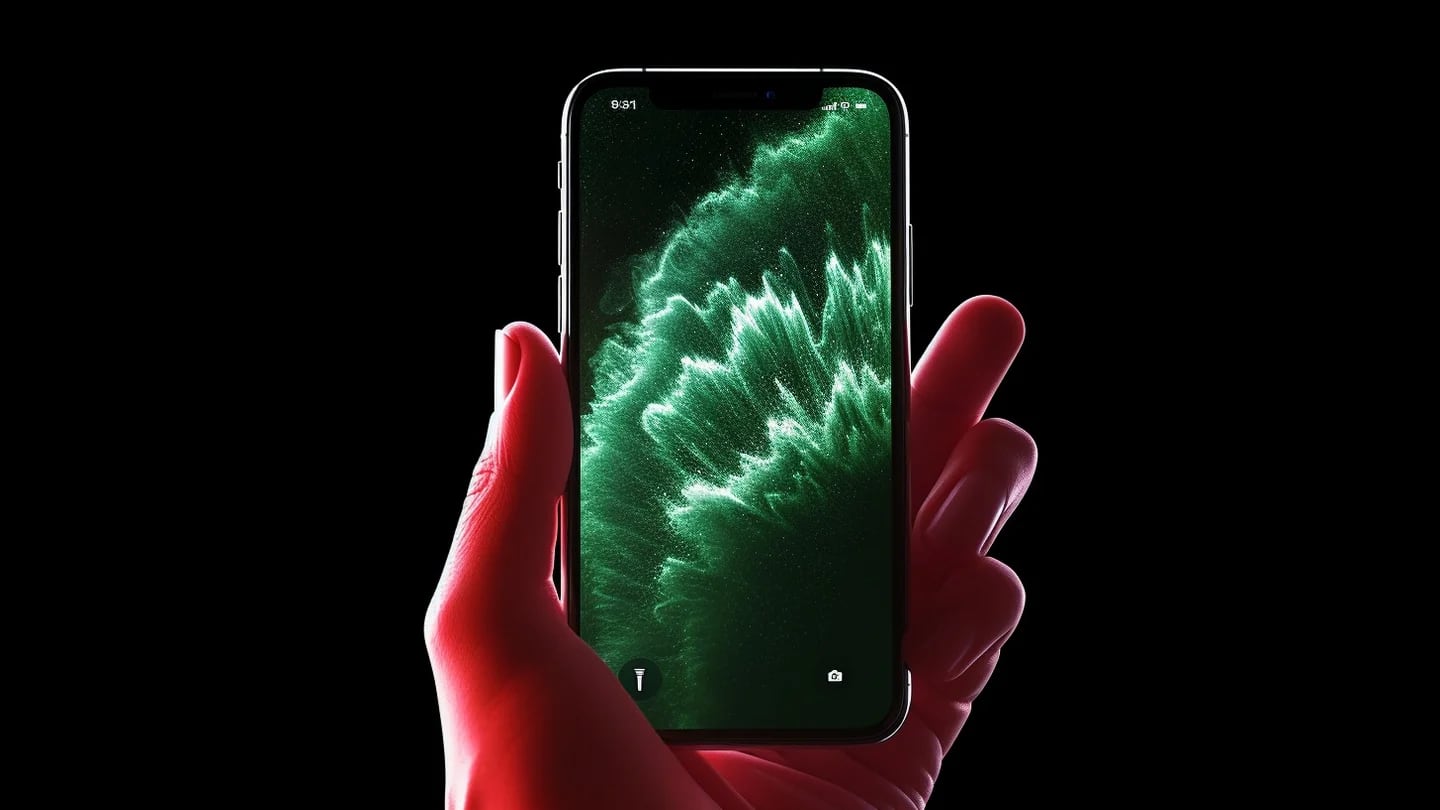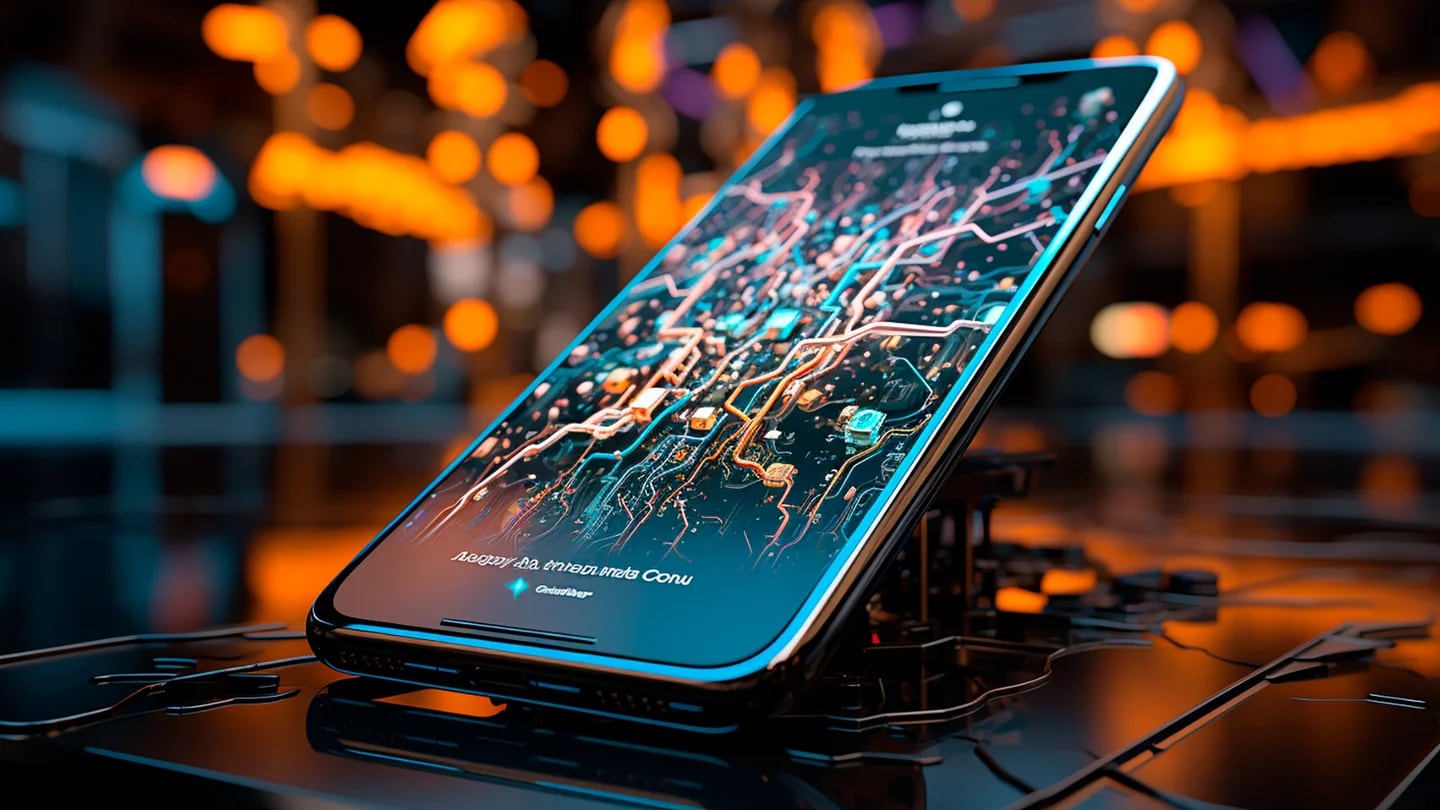- Everything we know about the future of the iPhone 16, Apple Intelligence and more plans from Tim Cook
- iOS 18 beta 2 now available: discover all the new features that have come to iPhone

Apple added artificial intelligence features in iOS seeking to improve the user experience, including photo editing options, virtual assistants and emoji generation. Interesting tools, but they are not among the most frequent uses that users give to the iPhone.
A recent study by Consumer Intelligence Research Partners (CIRP) reveals an interesting picture of iPhone usage habits and how they could be transformed with the introduction of Apple Intelligence, the company’s new foray into artificial intelligence announced a few weeks ago, which will come to other devices of the brand.
Current iPhone usage habits
According to CIRP’s study, the iPhone is not just a device for watching videos or playing games, as one might assume. In fact, while activities such as watching videos and playing games are common, they are not the most popular among users in the United States. Rather, it’s the most basic and communicative functions that dominate everyday use.

The report highlights that 95% of iPhone owners in the United States use text messages on a daily basis, followed closely by Internet access with 94%. These essential activities reflect the integration of the telephone into the daily lives of users as a fundamental tool for communication and access to information.
In contrast, the study reveals that only 74% of users watch videos daily and 64% enjoy video games with the same frequency. These data suggest a change in how users interact with their devices as communication and information access functions predominate over pure entertainment, understanding that they are today’s ‘basic’ needs.
Potential Impact of Apple Intelligence
Apple Intelligence’s announcement at WWDC 2024 promises to change the iPhone user experience. This new AI initiative is designed to enhance several key features, including advanced photo editing, enhanced text composition, and custom emojis.

From the perspective of the CIRP study, Apple Intelligence could have a significant impact on the iPhone user experience. Specifically, improvements in photo editing and text composition could greatly benefit users who already use these features on a daily basis.
With 61% of users using the camera to take and edit photos on a daily basis, any improvement in this area could motivate device upgrades among those looking to take full advantage of the enhanced photography capabilities.
However, not all iPhone features could be equally affected by Apple Intelligence. For example, activities less susceptible to improvement include phone calls, listening to music, watching videos, and playing video games. Although these activities remain popular with users, the introduction of AI may not offer significant improvements in these specific areas, for now.

Which Apple devices will have AI features
Apple Intelligence is built into iOS 18, iPadOS 18, and macOS Sequoia, and leverages this feature to process language, images, and perform actions across apps.
According to the company, this technology will be exclusive to iPhone phones that integrate the A17 Pro chip onwards, so only the iPhone 15 Pro and Pro Ma will be able to use it, along with the future iPhone 16 and mobiles that continue to come out.
The new system includes tools to improve writing, such as Rewrite, which allows users to choose between different versions of text to adjust the appropriate tone; Proofread, which checks sentence grammar and structure; and Summarize, which allows you to summarize texts in different formats.

Comments